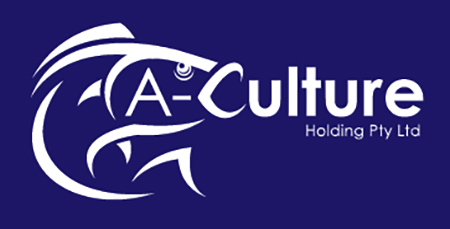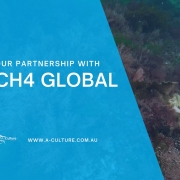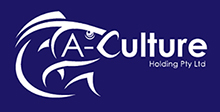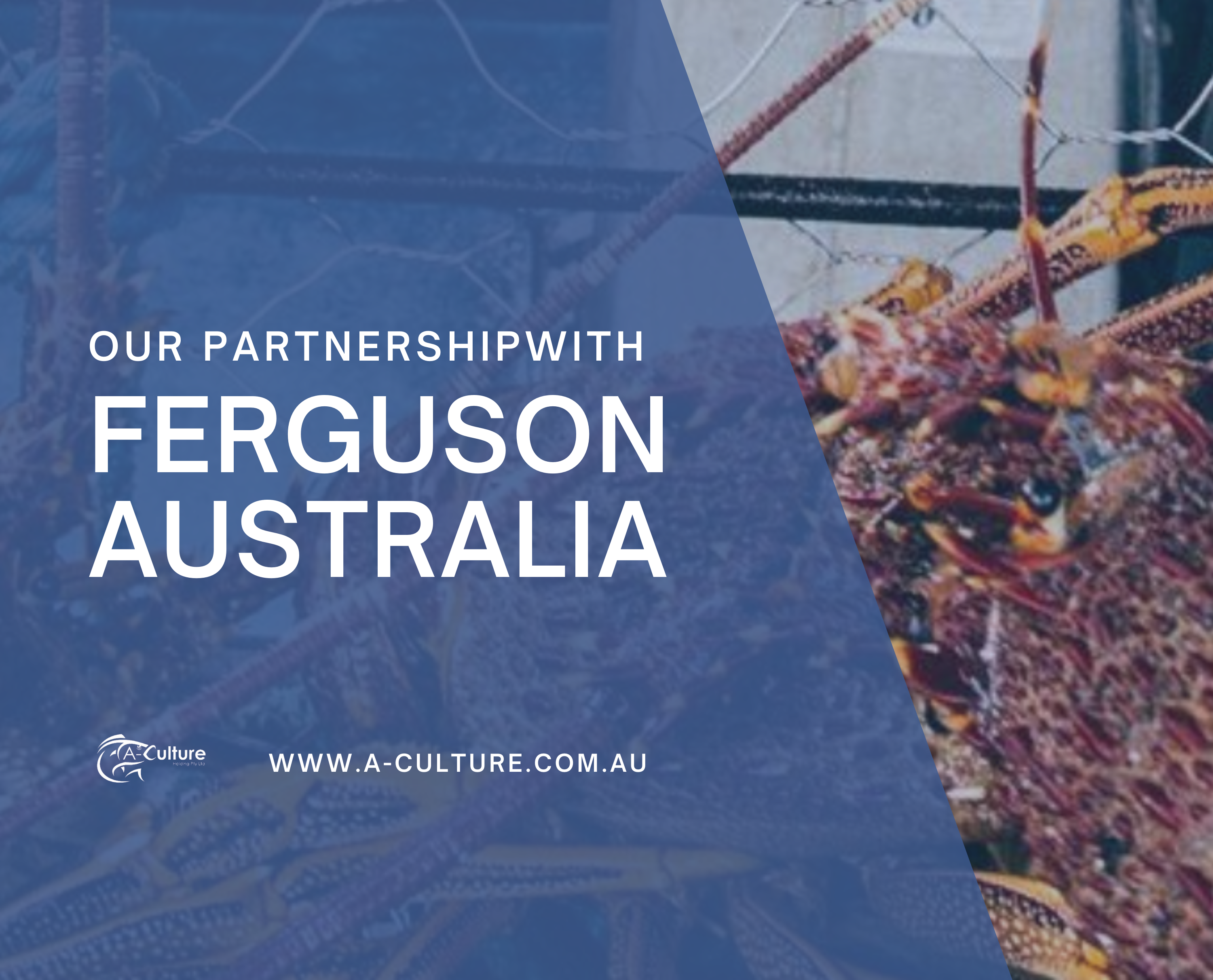CH4 Global Partnership
Forget fish and chips, fish and seaweed are the ideal combination.
While most of us might be more familiar with the combination of fish and chips, it is the combination of fish and seaweed that could help move us towards a more sustainable future. South Australian aquaculture company A-Culture, is on a mission to create an environmentally sustainable way to grow both fish and seaweed in the Riverland region, more than 100 km from the nearest sea.
The project will harness salty groundwater, which is one of the Murray river’s biggest environmental threats and use it to sustainably produce fish in a unique land-based aquaculture system developed by the team at A-Culture. A-Culture’s system called OZRAS, turns traditional fish farm design on its head, by going modular. This means that unlike traditional land-based aquaculture, their system can do away with expensive pipework and pumping costs, and is expected to be powered by onsite solar.
The fish’s poo will then be used in the same facility to grow seaweed thanks to a partnership with climate-change busting seaweed producers CH4 global. The seaweed, known Asparagopsis, can reduce the greenhouse gas emissions from cow burps by as much as 90 per cent when used as a feed supplement. A-Culture’s Scientific Advisor John Carragher said that the OZRAS system means they expect to be able to grow fish from fingerlings through to full size in around half time of ocean based farming.
“Research suggests Yellowtail Kingfish will make ideal first production species but in the future we hope to also look at Cobia, Giant Grouper, Pacific Oyster and Western King Prawn,” John Carragher said.
The unique design allows fish waste to be harvested easily and instead of being considered a waste product, it will be used on site to help grow the emissions fighting seaweed. Trials conducted by CSIRO have shown that supplementing livestock feed with just a small amount of this seaweed could slash greenhouse gas emissions from livestock. Currently live stock produce around 14 per cent of global greenhouse gas emissions. CH4 Global co-founder and CEO Dr Steve Meller said that their vision is zero methane agriculture.
“We’re working to prove that aquaculture of Asparagopsis can be a viable business proposition and to do so with urgency. CH4 believes in circular and regenerative farming principles and is extremely excited by this innovative partnership with A-Culture”.
The project will also help launch a new industry in regional Australia and already has the support of the District Council of Loxton Waikerie and Regional Development Australia. Seafood consulting firm Smart Aqua, will also partner on the project and they bring more than 25 years of experience working globally with sea and land based aquaculture projects. Managing Director of Smart Aqua Alastair Smart said:
“It is very exciting to be involved in a sustainability focused project like this in Australia that utilises waste ground saline water from under the Murray River to grow high quality seafood.”
Mr Smart said that while Australia has a long coastline, there are few suitable sites for aquaculture and it is only a matter of time before we see large inland operations like this innovative project developing.
“This is partly a result of supply chain challenges from the COVID pandemic but also a desire for locally grown healthy, safe, and sustainable high-quality seafood,” he said.





Trackbacks & Pingbacks
kde mohu získat obecný kamagra online levně
kamagra z mexika bez lékařského předpisu
buy online xifaxan
xifaxan online perscription
donde comprar avodart en galerias capon
cheapest buy avodart canada how to buy
buying itraconazole generic uk
how to buy itraconazole generic efficacy
how to buy staxyn usa discount
how to buy staxyn canada with no prescription
discount fildena cheap uk
cheap fildena canada how to buy
online order gabapentin generic online buy
purchase gabapentin generic germany
buying flexeril cyclobenzaprine generic vs brand name
buying flexeril cyclobenzaprine generic next day delivery
get dutasteride generic uk
cheapest buy dutasteride cheap uk buy purchase
buy enclomiphene purchase prescription
buy cheap enclomiphene generic pharmacy online
achat kamagra pharmacie envoyer annuaire
generique kamagra pilule nist prescrire
rifaximin no doctors prescription
canadian pharmacy generic rifaximin
how to buy androxal generic information
comprar androxal sin receta
Comments are closed.